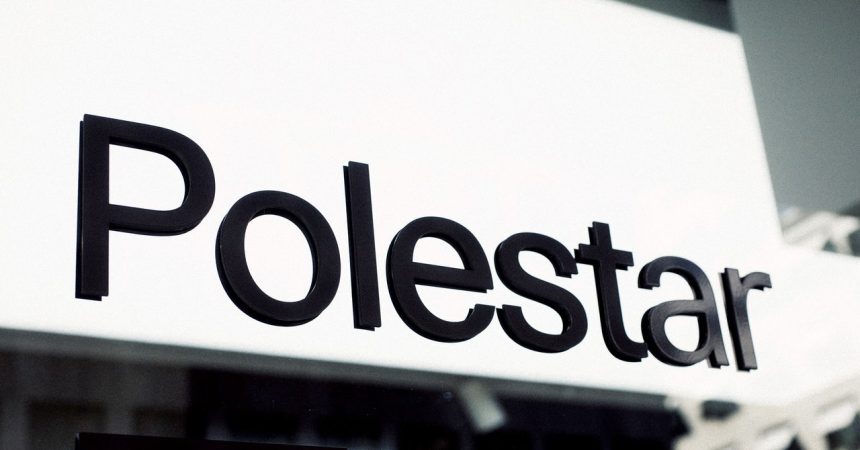Polestar, the Swedish electric vehicle (EV) manufacturer owned by China’s Geely, faces a complex and challenging road to profitability. Its strategy pivots on navigating geopolitical tensions, adapting to market demands, and securing crucial financial backing. Manufacturing its Polestar 3 SUV in South Carolina, the company has significant US investments, but faces potential sales restrictions stemming from US-China trade disputes. While Polestar is actively modifying its future models to comply with potential regulations by sourcing non-Chinese hardware, software, and suppliers, the specter of needing special dispensation from a historically EV-skeptical US administration lingers. Further complicating matters is the influence of Tesla CEO Elon Musk on US EV policy, raising concerns about potential conflicts of interest and regulatory changes that could disadvantage competitors like Polestar.
Beyond the US, Polestar is diversifying its market reach, notably into France after resolving a trademark dispute. However, the company faces another hurdle in the French market: securing eligibility for France’s EV subsidy program. Without this incentive, Polestar faces an uphill battle against competitors who benefit from the subsidy, potentially dampening sales and hindering market penetration. This underscores the importance of navigating local regulations and incentive programs to effectively compete in the global EV landscape. Polestar’s success hinges on not only producing compelling EVs, but also strategically aligning with government policies that support the adoption of electric vehicles.
Under new leadership, Polestar is undergoing a significant strategic shift, moving away from a direct-to-consumer model towards a more traditional dealership-based approach. Recognizing the need to boost sales volume and brand engagement, the company is expanding its physical retail presence. This shift is a response to the limitations of online sales and the importance of tangible customer interaction in the automotive market. By increasing the number of showrooms, particularly in key markets like Sweden and the UK, Polestar aims to provide a more accessible and familiar purchasing experience, building consumer confidence and driving sales growth.
This move towards a traditional sales model reflects a broader shift in Polestar’s strategy – a move towards conservatism, cost-cutting, and a focus on revenue generation. This pragmatic approach aims to ensure the company’s survival in a fiercely competitive EV market characterized by rapidly evolving technologies, shifting consumer preferences, and increasing pressure on pricing. Expanding its dealership network allows Polestar to engage with a wider customer base, build stronger brand recognition, and offer more personalized service, crucial elements for long-term success.
Polestar’s product roadmap highlights a multi-faceted approach to capturing market share. The company is diversifying its production locations, with the Polestar 4 slated for production in South Korea. Simultaneously, Polestar is developing its own bespoke EV architecture for its upcoming Polestar 5, a high-performance GT positioned to rival the Porsche Taycan. Looking further ahead, the proposed Polestar 7, a premium compact SUV, targets a highly competitive yet lucrative segment, potentially bolstering the company’s presence in key markets like the US. This diversified portfolio aims to cater to varying customer needs and preferences, from the practicality of an SUV to the performance of a GT.
Despite these strategic initiatives, Polestar faces significant financial challenges. With profitability still projected to be at least two years away, the company will likely require additional funding to bridge the gap. However, its reliance on financial support from its Chinese parent company, Geely, introduces considerable uncertainty. The booming yet intensely competitive Chinese EV market, coupled with widespread price wars, poses a significant threat to Polestar’s continued funding. Geely may be forced to prioritize its domestic market and potentially reconsider its investment in Polestar if market conditions deteriorate further. This underscores the precarious nature of Polestar’s position, highlighting the need for rapid progress towards profitability to secure its long-term future.



